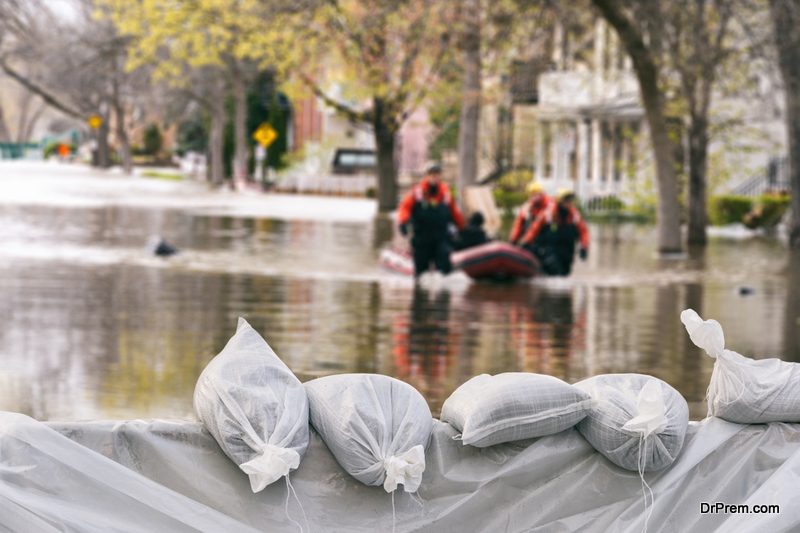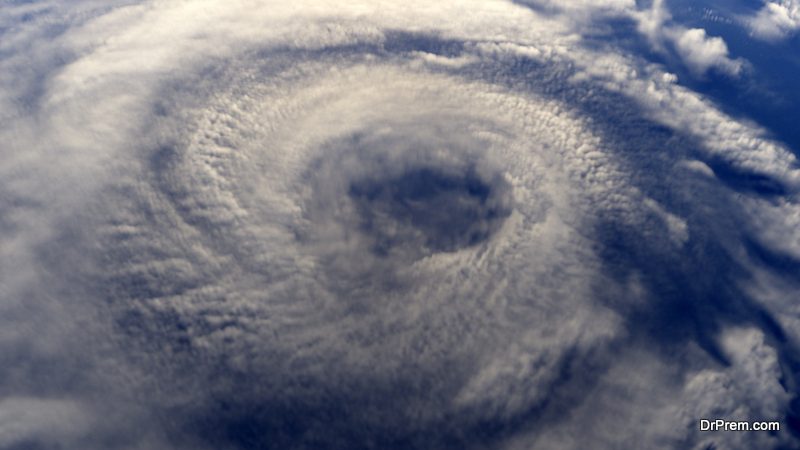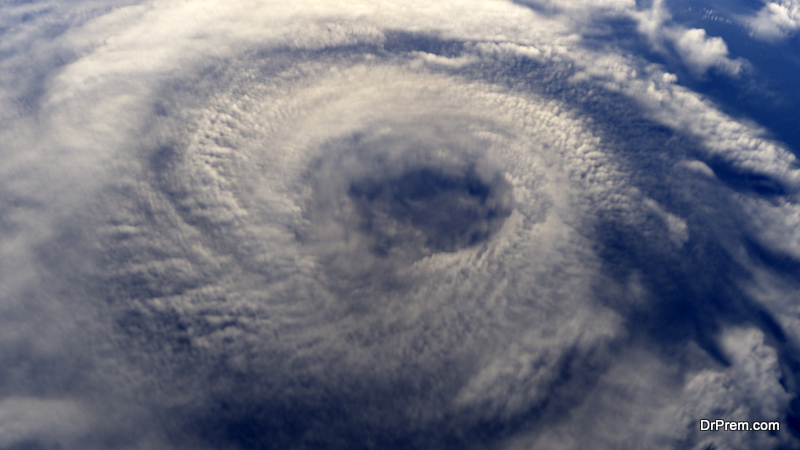When we think about climate change, we concern ourselves with changing weather patterns, rising sea levels, and increasing global warming. We do know about its negative effects on our health. But, we are hardly aware of the psychological effects of climate change. Mental health too is suffering due to climate change, triggered by the extreme weather changes, and disasters such as hurricanes, droughts, wildfires, and heat waves. Mental disturbances also skyrocket due to displacement, loss of family, and property.
A closer look at the psychological effects of climate change

Mental health and climate change are interlinked, psychologists say. The natural disasters due to climate change result in loss of family, friends, and property. This results in increased stress levels in people affected by natural disasters. The psychological effects of climate change are expressed through panic attacks, chronic depression, anxiety disorders, post-traumatic stress disorder (PTSD), insomnia, suicidal tendencies, substance abuse, and interpersonal violence.
The most vulnerable section of society who suffer from the psychological effects of climate change is the elderly, adolescents, children, women, and the poor. Scientists have estimated that 25-50% of people who have been affected by devastating weather events such as hurricanes and storms suffer from adverse mental health issues. It was observed that after Hurricane Katrina, the suicide rate doubled in the affected area, and one out of six survivors suffered from PTSD.
Effect of climate change on young people

Young people who suffer from anxiety and depression face increased risk of aggravated symptoms due to climate change effects. It might be due to their being unprepared for the effects of natural calamities. Individuals who are prepared for extreme natural disasters fare better, as they suffer less distress. Young people are, however, at greater risk as their capacity to cope is still in the developing stage.
The psychological effect of hurricanes

After hurricane Katrina, researchers were able to conduct a study to determine the effect of climatic disasters on the mental state of people in a long-term duration. Hurricanes Harvey, Maria, and Irma – which were extremely devastating and struck the US and the surrounding countries consecutively, allowed scientists to study the short-term effect on the mental state of people.
Immediately after the storms, a huge chunk of the population suffered from acute stress and shock. Those who were already suffering from some form of mental disease/disorder suffered even more due to the additional trauma and unavailability of medicines.
The psychological effects of climate change, specifically after Hurricane Maria in Puerto Rico, is even more serious as the country did not receive the necessary amount of aid. This, some researchers speculate, may cause more prolonged and severe damage to the physical and mental health of the affected population.
Climate change effects lead to physical health issues as a consequence of mental disorders.
Who is the most vulnerable to psychological effects due to climate change?

A recent study found that the response to the changing climate also decides as to who would be affected by climate change. People who are least concerned about the change in climate suffer the least trauma.
People who are worried about nature and animals are able to see the bigger picture and have more pronounced stress. They are saddened by the extinction of plant and animal species as well as by what is around the corner for humanity. People who are more concerned with their own health and/or financial issues do not undergo any mental distress due to global warming/climate change.
The link between mental health and physical health

Mental distress, damage, and disease are extremely traumatic for the individuals going through it. They also have to cope with the physical effects of mental disorders. For example, if a person suffers from stress for a long time, then he or she would be exposed to the stress hormone cortisol for a long time. This interferes with the body’s glycemic control capacity, which could be very dangerous, especially for people who have Type II diabetes. It has also been correlated with numerous cancers and heart diseases.
In addition to the physical effects mentioned, mental distress and disorders can also lead to a condition called hyperhidrosis, which is excessive sweating. This is because the sympathetic nervous system, which is responsible for the body’s fight or flight response, becomes overactive in people with anxiety or stress disorders, leading to excessive sweating even in non-stressful situations. You may visit this website on how to lessen having excessive sweating.
Mental disorders are being recognized as one of the severe effects of climate change. However, we still have a long way to go. Mental health and climate change are interrelated and though there is enough research on this subject in the US, there is a very little discussion about this in developing countries. Studies on climate change and its impact on health – both physical as well as mental – should be discussed and prioritized.



